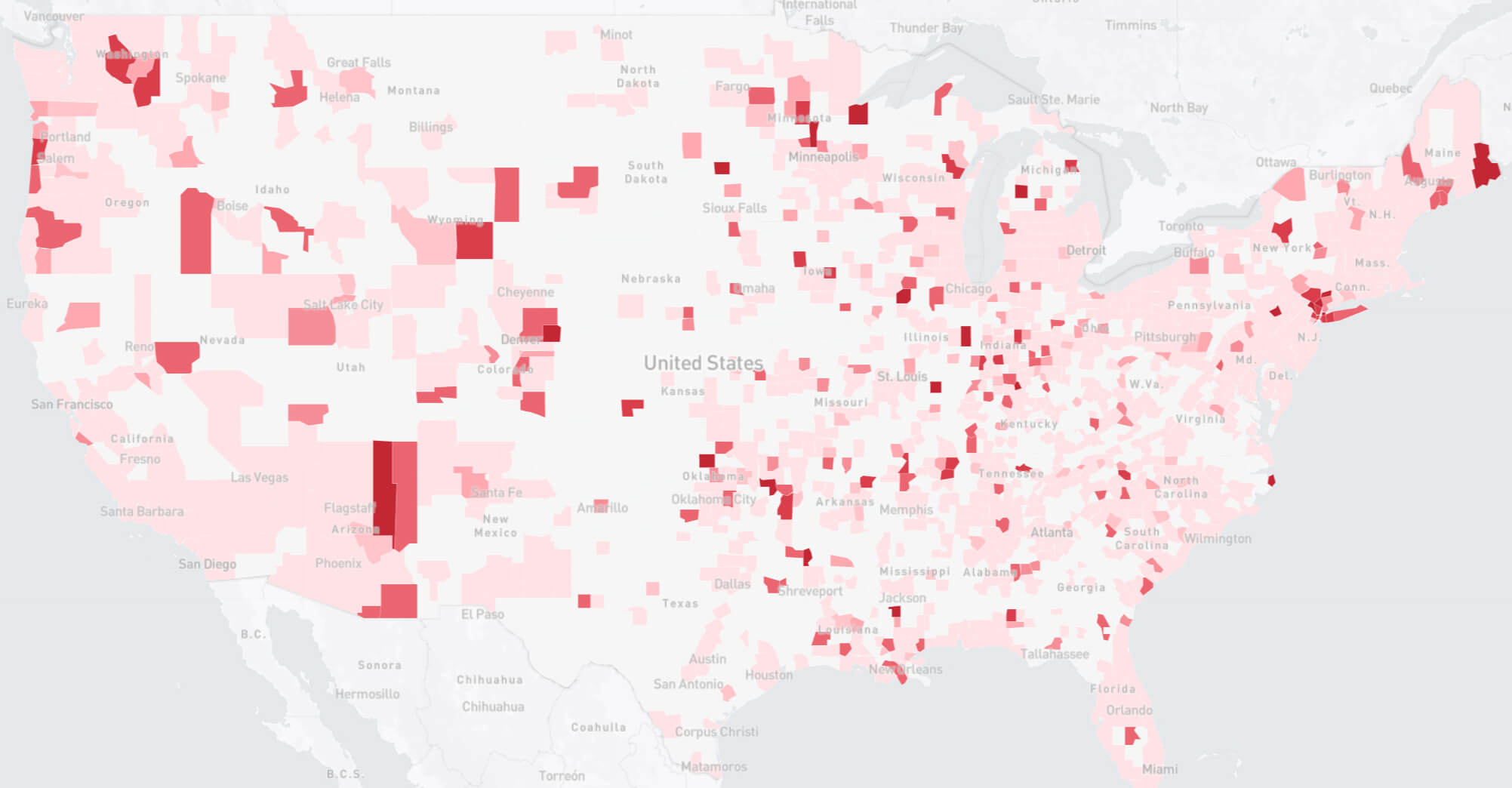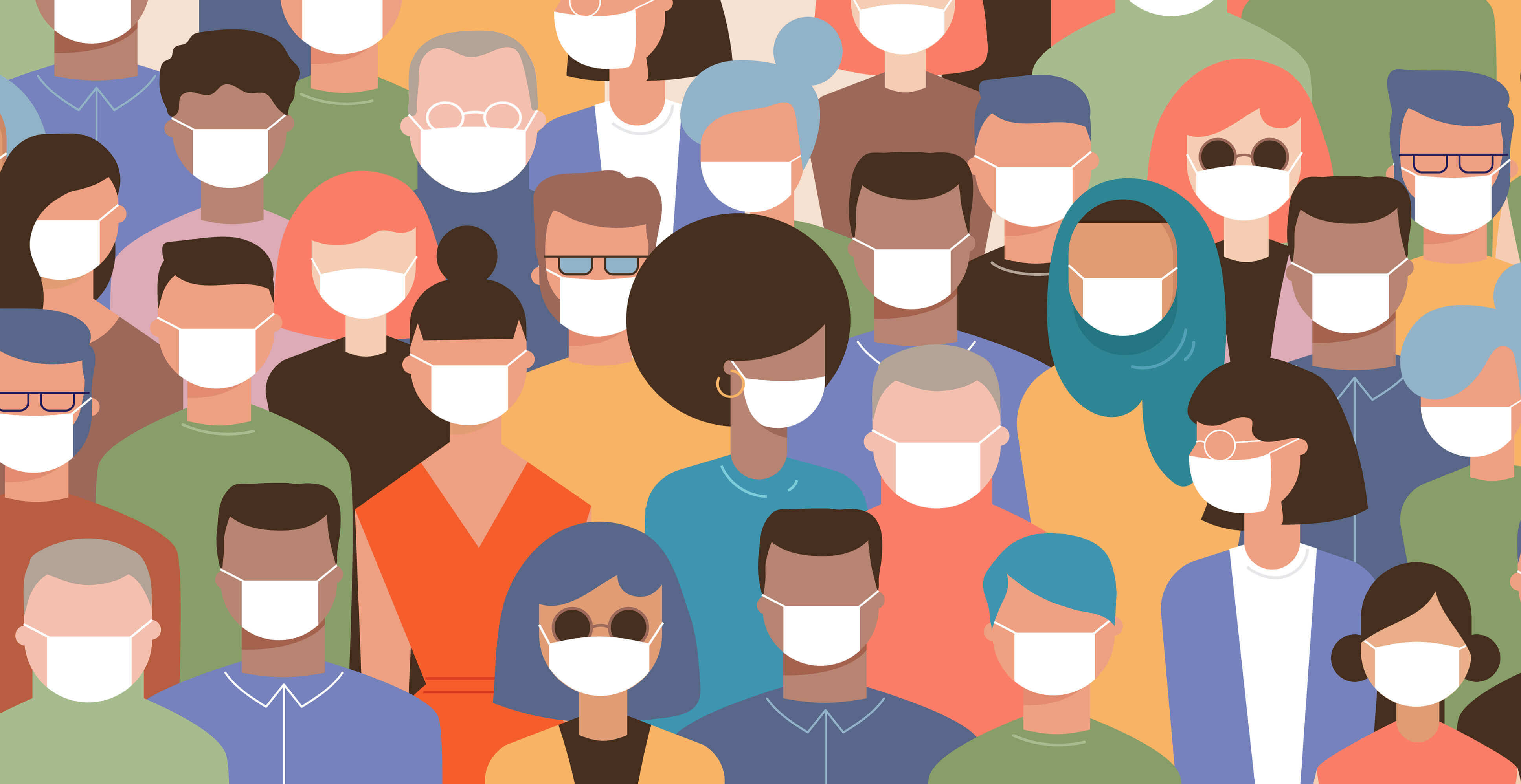Bottom line: Notably, Facebook said the map is not intended for diagnostic or treatment purposes, nor should it be used for guidance on any type of travel. Zuckerberg did say, however, that understanding how Covid-19 is spreading is critical for local governments and public health officials to help allocate resources and to assist in determining when it is safe to start re-opening the economy. "Researchers believe these symptom survey maps can be an important tool in making these decisions," he added.
Facebook has partnered with Carnegie Mellon University to launch an interactive Covid-19 map that shows the estimated percentage of people exhibiting symptoms of the virus on a county-by-county basis.
The map uses aggregated public data from a survey conducted by Carnegie Mellon University Delphi Research Center. Worth reiterating is the fact that it only shows estimates for people with Covid-19 symptoms, not confirmed cases.
Facebook CEO Mark Zuckerberg said they'll update the maps daily through the duration of the outbreak.

Zuckerberg said Facebook is uniquely suited to run such surveys because they serve a global community of billions of people. "We do this in a privacy protective way where only the researchers at Carnegie Mellon see individual survey responses – and Facebook only sees aggregated data," he said.
Facebook is just one in a growing list of tech giants that are using their power and reach to track the virus. Apple and Google are co-developing a contact tracing system and Instagram founders Kevin Systrom and Mike Krieger are monitoring the spread through a metric called Rt which measures the number of people who become infected by an infectious individual.
Masthead credit: Marish
